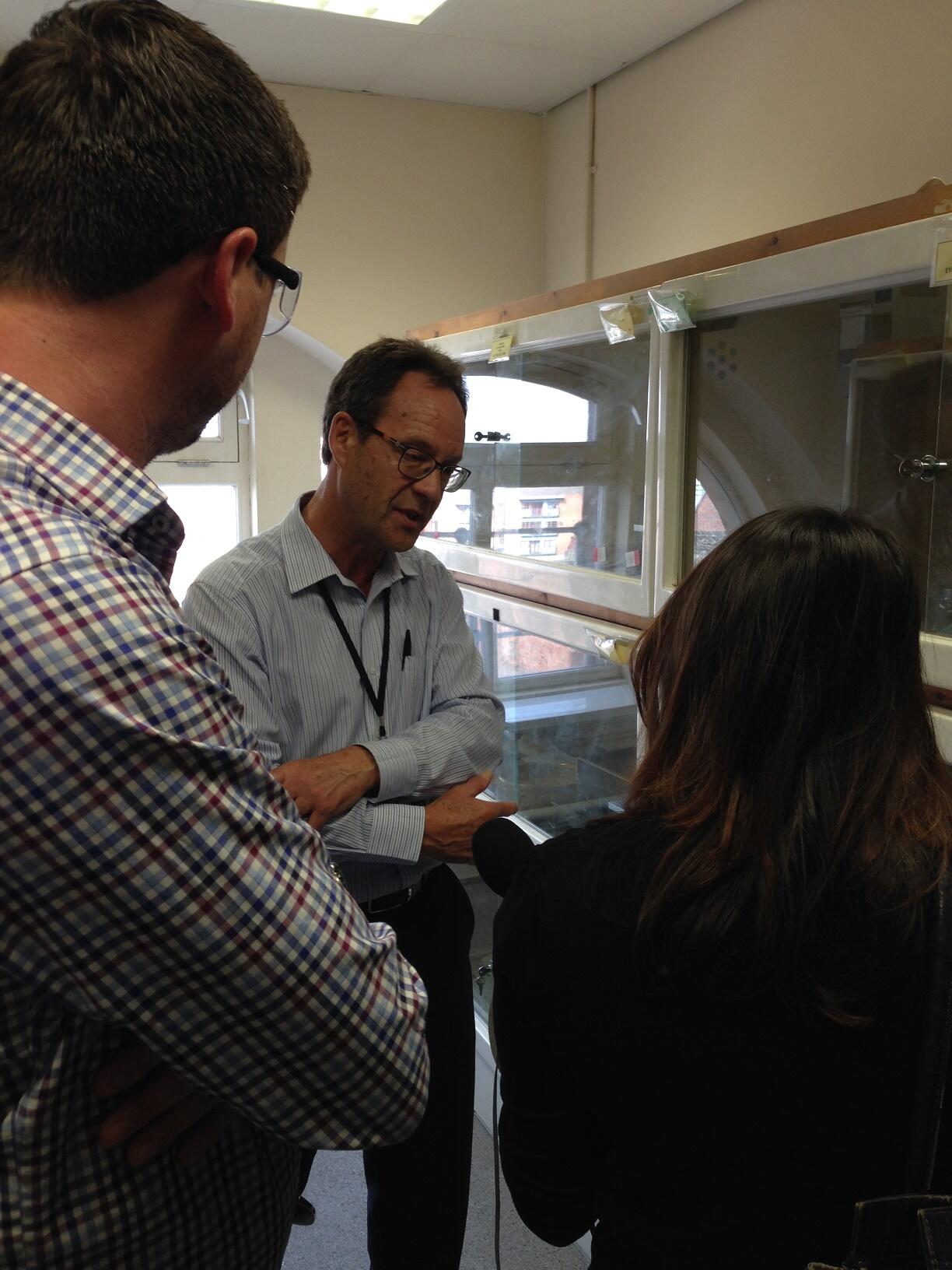
LSTM’s Alistair Reid Venom Research Unit has been featured in the news several times in the last week, highlighting the work being carried out by the Unit and the expertise of the staff.
The Head of the Unit, Dr Rob Harrison, attended a one day symposium in Switzerland this week with other experts in the field from throughout the global health community. The event was put together to find a solution to providing antivenom following pharmaceutical company Sanofi ceasing production of an antivenom which can treat bites from a number of different snakes in sub-Saharan Africa. The decision was taken because production was no longer cost effective for the company and, worryingly, the last remaining stocks are due to run out next year.
Following a press release from Medecins San Frontieres (MSF) ahead of the symposium, Dr Harrison was interviewed by Newsweek magazine and, along with Dr Nick Casewell by BBC’s Global Health correspondent Tulip Mazumdar about the work carried out within the Unit. These interviews have been featured online, BBC Radio 4’s World at One, on some regional radio programmes in England and Wales and on BBC World Service TV news programmes in the UK, across Africa and North America. LSTM’s work in the field was also mentioned by Bishop Tom Butler on BBC Radio 4’s Today Programme on the Thought for the Day segment.
Aside from this Dr Nick Casewell also appeared on BBC Health Check last weekend demonstrating the effects of snake venom on human blood, which was broadcast on the BBC World Service and the BBC News Channel, and was interviewed by a number of specialist media, including the New Scientist following the publication of a paper in PNAS. The paper, on which he was co-lead author, was about widespread convergence in toxin resistance across the animal kingdom showing that under certain circumstances evolution can be highly predictable. The paper is available here.